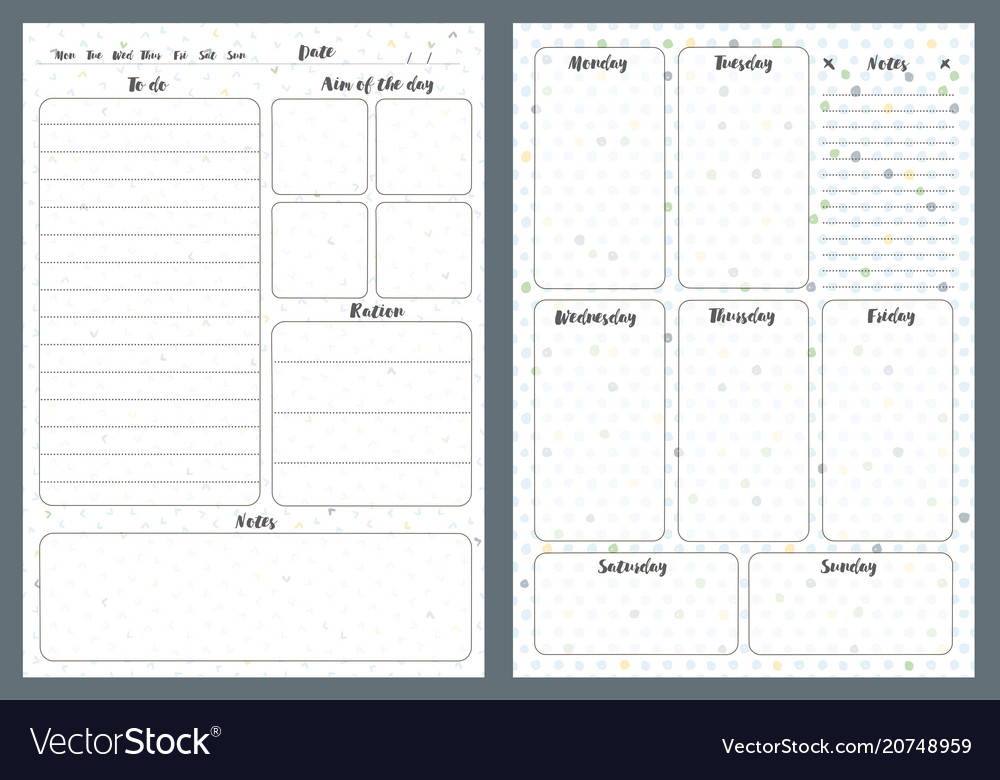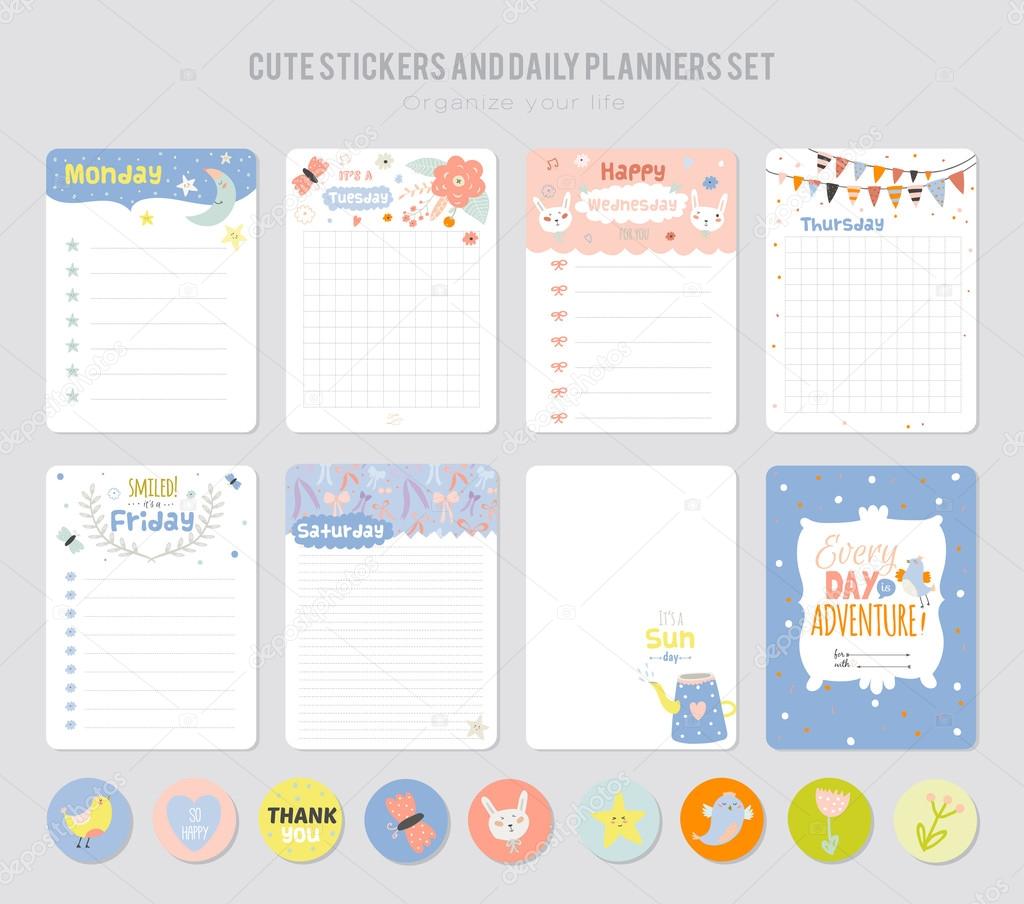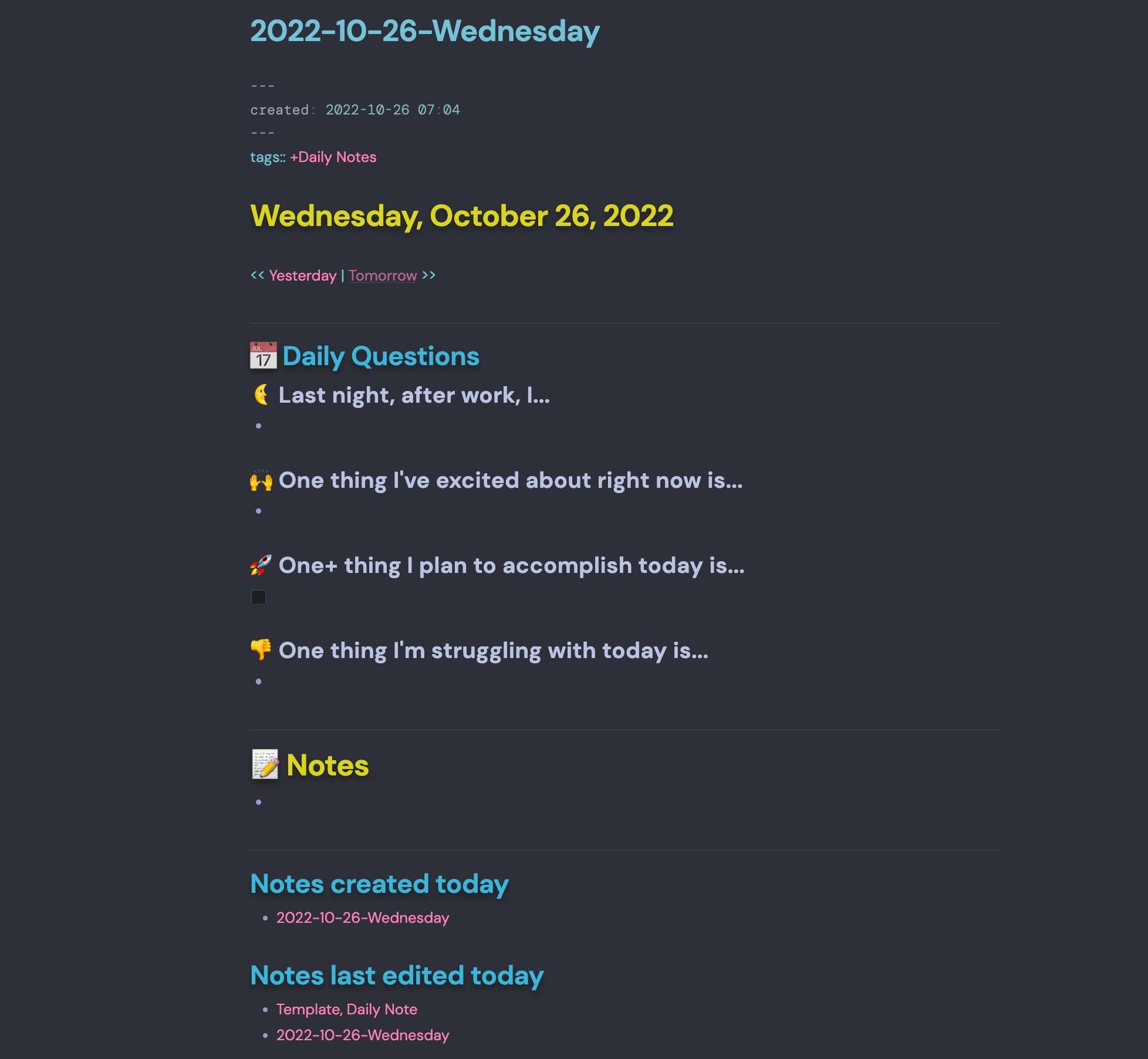Daily Note Template Overview

Peds daily note template – A daily note template in a pediatric setting serves as a structured guide for healthcare providers to document essential patient information during their daily encounters. It helps ensure consistency, completeness, and efficiency in medical record-keeping.Key components of a comprehensive daily note template include:
Patient Demographics
Patient’s name, medical record number, date of birth, gender, primary caregiver, and contact information.
Vital Signs
Temperature, heart rate, respiratory rate, blood pressure, weight, and height.
Physical Examination
General appearance, skin, head and neck, cardiovascular, respiratory, gastrointestinal, genitourinary, musculoskeletal, and neurological examinations.
Medical History
Past medical history, current medications, allergies, social history, and family history.
Assessment and Plan
Provider’s assessment of the patient’s condition, diagnosis, and treatment plan. This section includes medications, procedures, follow-up appointments, and discharge instructions.
Patient Assessment and Management

A comprehensive assessment is crucial for accurate diagnosis and effective management of pediatric patients. This involves a thorough physical examination, vital signs monitoring, and gathering relevant medical history.
Physical Exam Findings
- Document detailed observations, including skin appearance, respiratory effort, heart sounds, and abdominal examination.
- Note any abnormalities or deviations from normal, such as rashes, wheezing, or hepatomegaly.
Vital Signs
- Record vital signs, including temperature, heart rate, respiratory rate, and blood pressure.
- Interpret vital signs in the context of the patient’s age and condition, and document any significant changes.
Medication Administration
- Document the name, dosage, route, and indication of each medication administered.
- Indicate the time and method of administration, and note any patient response or adverse effects.
Nursing Interventions
- Describe nursing interventions provided, such as wound care, pain management, and feeding.
- Document the frequency, duration, and effectiveness of interventions, and any patient education provided.
Progress Monitoring and Evaluation
The daily note template provides a systematic approach to tracking patient progress over time. It allows healthcare providers to record key observations, interventions, and outcomes, creating a comprehensive record of the patient’s condition and response to treatment.
Evaluating the effectiveness of interventions is crucial for optimizing patient care. By reviewing the daily notes, providers can assess whether interventions are achieving the desired outcomes. If necessary, they can make adjustments to the plan of care to improve patient outcomes.
Metrics for Assessing Patient Outcomes
- Vital signs (e.g., temperature, blood pressure, heart rate)
- Symptoms (e.g., pain, nausea, fatigue)
- Functional status (e.g., ability to walk, talk, perform daily activities)
- Laboratory values (e.g., blood counts, electrolyte levels)
- Patient-reported outcomes (e.g., satisfaction, quality of life)
Communication and Documentation: Peds Daily Note Template

Clear and concise documentation in the daily note template is paramount for ensuring accurate and effective communication among healthcare professionals and parents. It facilitates the timely exchange of essential patient information, enabling optimal decision-making and continuity of care.
Effective communication involves actively listening, asking clarifying questions, and providing timely and comprehensive updates. Utilizing the daily note template as a standardized communication tool promotes consistency and accuracy in documenting patient care, ensuring that all relevant information is captured and shared.
Strategies for Effective Communication
- Use clear and concise language, avoiding jargon or technical terms.
- Document all pertinent patient information, including observations, assessments, interventions, and outcomes.
- Communicate promptly with other healthcare professionals regarding changes in patient status or any concerns.
- Encourage parents to participate in discussions and ask questions to ensure their understanding of their child’s care.
Standardized Documentation Using the Daily Note Template, Peds daily note template
The daily note template provides a structured framework for documenting patient care, ensuring that all essential information is captured in a consistent manner. By adhering to the template, healthcare professionals can easily access and interpret patient data, reducing the risk of errors and improving communication efficiency.
Commonly Asked Questions
What are the benefits of using a peds daily note template?
Using a daily note template streamlines documentation, improves communication, reduces errors, and facilitates patient progress monitoring.
What key components should be included in a comprehensive daily note template?
A comprehensive daily note template should include sections for patient assessment, management, progress monitoring, and communication.
How can the daily note template be used to track patient progress?
The daily note template allows healthcare professionals to track patient progress over time by recording vital signs, physical exam findings, and response to interventions.